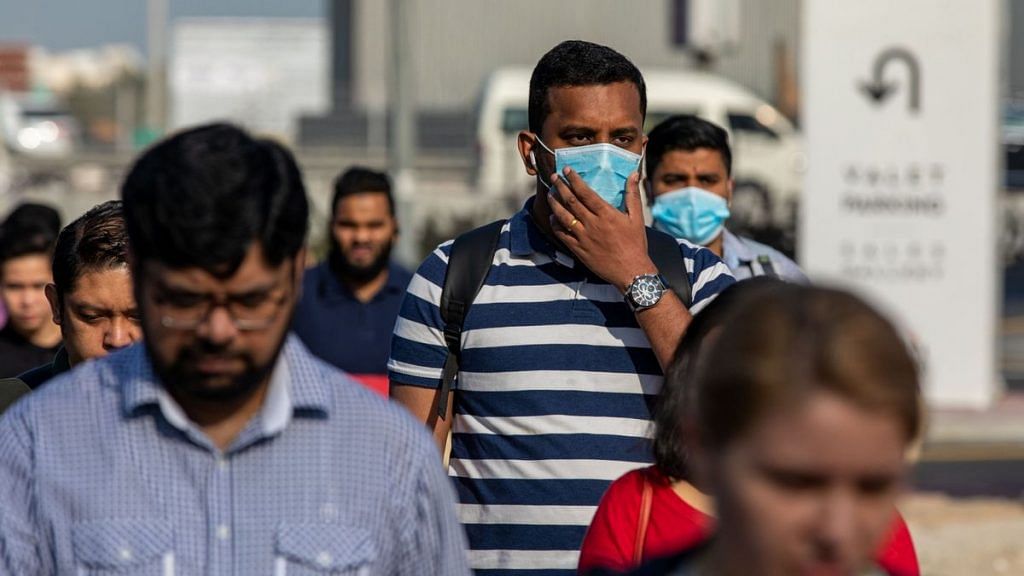New Delhi: Prime Minister Narendra Modi appealed to the nation Friday to practice social distancing and take part in a ‘Janata Curfew’ on 22nd March in view of the Coronavirus pandemic.
ThePrint takes a look at the definition of the “curfew”, where it comes from and how curfews have been used by state machinery throughout history.
Curfew literally comes from ‘to cover fire’
According to Cambridge dictionary, curfew is “a rule that everyone must stay at home between particular times, usually at night, especially during a war or a period of political trouble”.
Merriam-Webster defines it not just as a “rule” but “a regulation enjoining the withdrawal of usually specified persons (such as juveniles or military personnel) from the streets or the closing of business establishments or places of assembly at a stated hour.
Coined in the late 14th century, it comes from the Old French word cuevrefeu (composed of cuvrir which is ‘to cover’ and feu which is ‘fire’). Cuevrefeu refers to the Medieval practice of ringing a bell at a fixed hour, either 8 or 9pm, as signal for people to cover their fires before going to bed to avoid an unattended fire turning into a conflagration.
The term has evolved to mean a signal used by state, local or federal governments for various municipal regulations.
Kinds of mandatory curfews
Curfews restrict a person’s right to be out in public at certain times but are imposed for the safety of citizens and to regulate society. There are three kinds of mandatory curfew laws – emergency, business and juvenile.
An emergency curfew law is temporary and implemented in response to a crisis e.g. civil disobedience or a natural disaster. For example, the British imposed a curfew in Tel Aviv on 22 July 1946 following a terrorist attack on King David Hotel by militant Zionists on the British administrative headquarters for Palestine. This was during Jewish insurgency in Mandatory Palestine when it was under the control of British administration.
A business curfew law that allows restaurants, liquor stores and other establishments where people usually gather, to shut shop or operate at only certain hours of the day. A juvenile curfew is meant to curb juvenile crime on a local level. It prohibits minors from being out in public or in a business establishment during certain times.
In more recent times, curfews have been imposed to curb violence by ensuring people stay inside their homes during stipulated hours. In Delhi, just last month curfew was imposed in parts of north east Delhi after communal riots broke out on 25 February in which 53 people died.
Also read: Sensex surges over 500 points, Nifty above 8,200-level after PM Modi’s address
